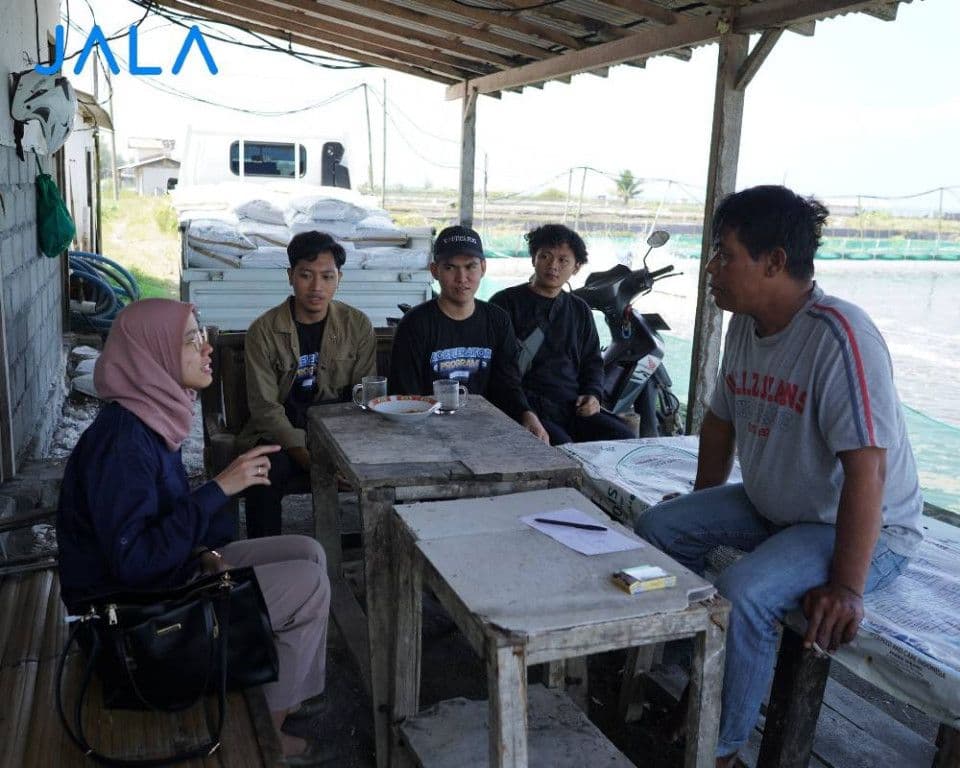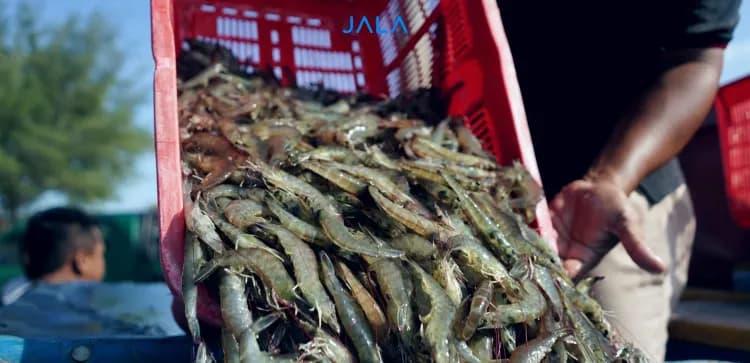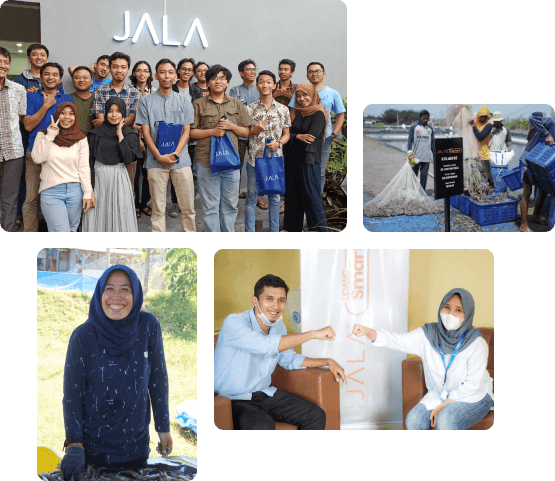
Indonesia has great potential in the shrimp industry. However, there are still various challenges that must be faced, one of which is global challenges. High demand from consumer countries, such as the United States and Japan, has intensified the competition between producing countries. The emergence of a new competitor in the shrimp industry, Latin America, with rising production has created a new dynamic in the world's shrimp supply.
Read: Get to Know the World’s Top Shrimp Producer: Ecuador
As one of the countries listed among the top shrimp producers in the world, Indonesia must have competitiveness, efficiency, and definitely pay attention to environmental sustainability in shrimp farming. This means that the rise in production must be balanced with the management of aquaculture discharges into the environment. In addition, there are several things that must be paid attention to, including certification, sustainable cultivation, and competitive prices.
These things become global challenges that increasingly drive the need for the quantity and quality of human resources involved in them. As stated by the Shrimp Club Indonesia (SCI) at the Shrimp Outlook 2023 event, reliable and knowledgeable technical personnel are needed to support the achievement of national production targets and increase Indonesia's competitiveness in the global market.
The role of the next generation in the shrimp industry
The next generation in the shrimp industry must have a deep understanding of production processes, risk management, technological innovation and environmental sustainability. In addition, it is also important to recognize the potential of the international market. As mentioned above, demand for shrimp from abroad continues to increase.
In facing challenges, however, the next generation must also pay attention to environmental sustainability. According to the World Wildlife Fund (WWF), unsustainable shrimp farming practices may cause pollution to groundwater or coastal estuaries. Therefore, it is important to apply environmentally friendly farming principles, such as efficient waste management and proper disease control.
Actions that can be taken to face global challenges
One of the first actions that needs to be taken is to deepen knowledge about vannamei shrimp farming and industry. This can be done through participation in related training and seminars. Classes to improve soft skills and hard skills are also very necessary. Regarding this, the SCI Expert Council is currently preparing the establishment of Shrimp Academy which aims to generate reliable and knowledgeable technical personnel who are also able to follow the dynamics of the shrimp industry.
Overall, a broad range of knowledge and skills is required as well as the ability to face challenges in the industry. In facing global dynamics, the next generation must be committed to environmental sustainability, able to adapt to technological developments, and have a clear vision in developing the Indonesian shrimp industry. The use of technology itself can assist in shrimp farming management, water quality monitoring, and shrimp health monitoring. With the right actions, sustainable growth and a more competitive shrimp industry in the international market is possible.




